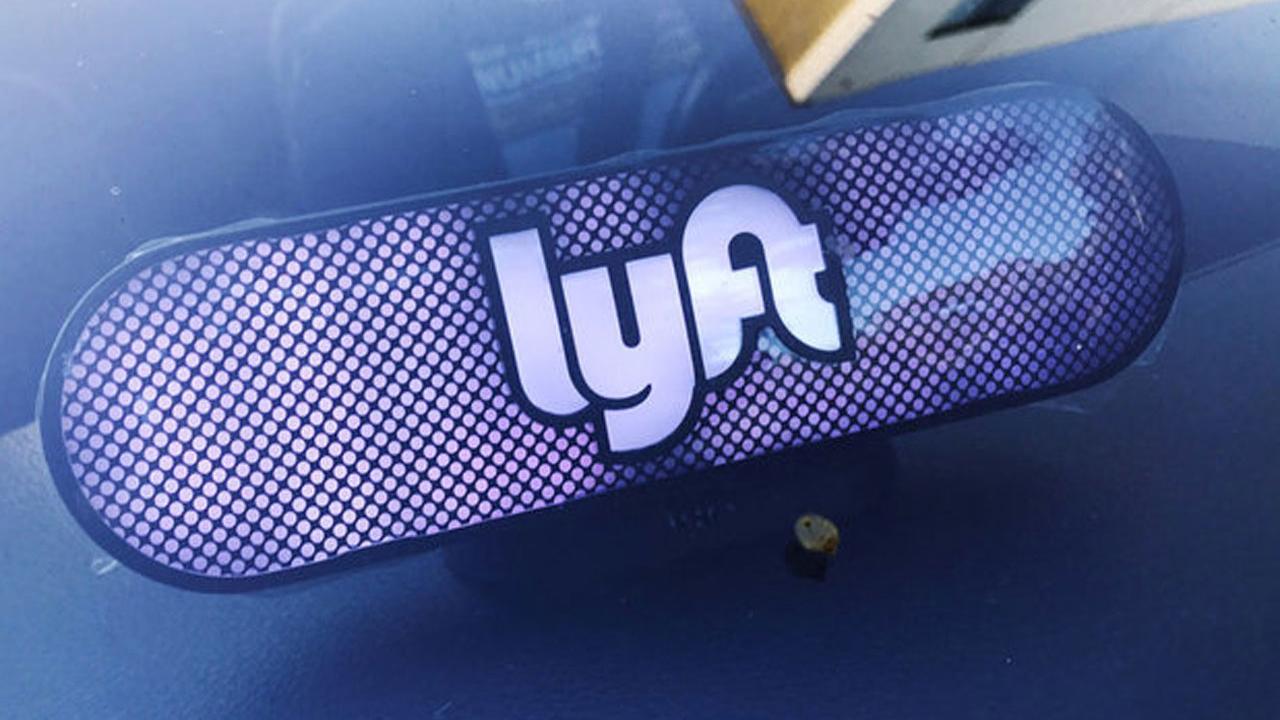Uber, Lyft, DoorDash launch $90M counterattack against gig economy law
Uber, Lyft and DoorDash are fighting back against a recently signed California law that threatens to upend the way the companies operate.
The trio of ridesharing and delivery companies launched a $90 million campaign called Protect App-Based Drives and Services with the express goal of getting a ballot measure approved by voters in 2020 to offset the effects of the recent legislation signed into law by Democratic Gov. Gavin Newsom, known as Assembly Bill 5. Paperwork to have the three companies exempted from the law was expected to be filed on Tuesday.
The law requires companies — like Uber and Lyft — to reclassify some workers as employees instead of contractors. That could potentially jeopardize their entire business models, by requiring them to offer drivers hourly wages and other benefits. If workers are required to stick to schedules and work for only one company, it could also eliminate gig economy opportunities.
“A new law jeopardizes the freedom of hundreds of thousands of Californians to choose to work as independent contractors with app-based rideshare and delivery network platforms, and threatens the availability of these on-demand services that millions of Californians rely on daily,” according to the Protect App-Based Drives and Services website.
A spokesperson for Gov. Newsom’s office did not return FOX Business’ request for comment.
UBER, LYFT ANGER CONGRESS BY SKIPPING HEARING
UBER, LYFT EXECUTIVES WARNED NOT TO MISS HOUSE 'RIDE-SHARING' HEARING
Under the new law, in order for a company to treat a worker as a contractor they must prove that the worker is independent and able to perform services free of company control, that the services the worker provides are not part of the company’s typical course of business and that the person separately works in the same type of business outside of the contracted work.
Tusk Holdings CEO and early Uber investor Bradley Tusk told the FOX Business in September that the law would likely raise prices and decrease customer demand.
“I think it’s bad, for sure. I mean the unit economics right now are not great, Uber lost $5.2 billion last quarter, they’re still not profitable on each ride,” Tusk told the FOX Business Network’s “Varney & Co.”
Uber and Lyft tried to exempt themselves from the bill. The New York Times reported in August that the three companies planned to spend $90 million to pass a ballot initiative exempting them from the law.
GET FOX BUSINESS ON THE GO BY CLICKING HERE
The ballot measure contains parts of what the companies proposed to California lawmakers as a compromise to stop the passage of the new law — provisions like health care subsidies for some workers, mandatory safety training for drivers, a cap on driver hours each day and minimum wage regulations.
The bill is intended to promote fair pay for gig economy workers, and to give them basic labor rights.
CLICK HERE TO READ MORE ON FOX BUSINESS
Both Uber and Lyft took their shares public this year – and have struggled to convince investors that they are on the path toward future profitability. Shares of Uber are down more than 23 percent over the past three months, while Lyft shares are down more than 30 percent over the same timeframe.




















